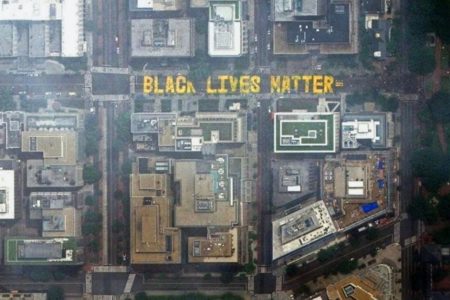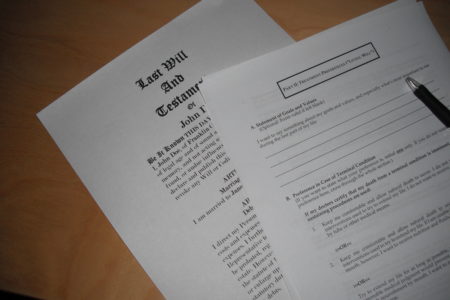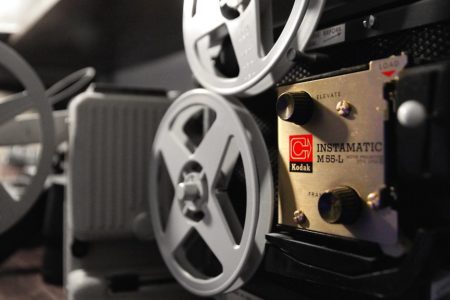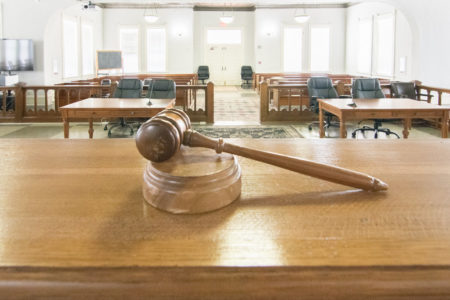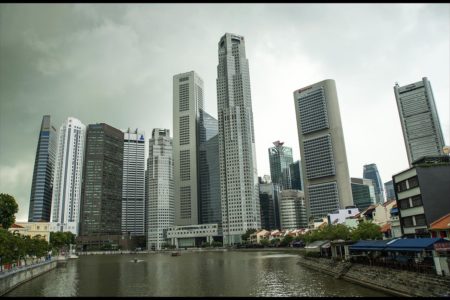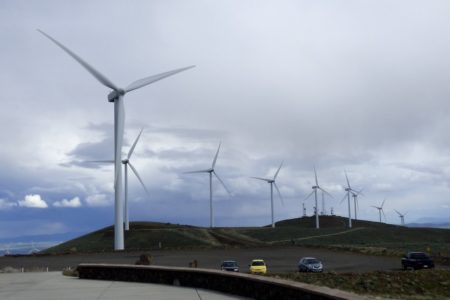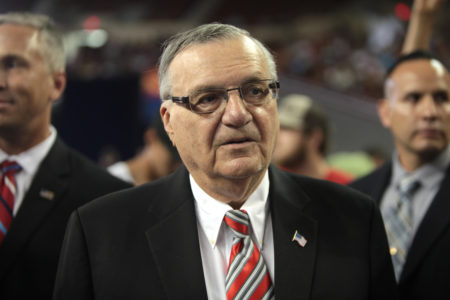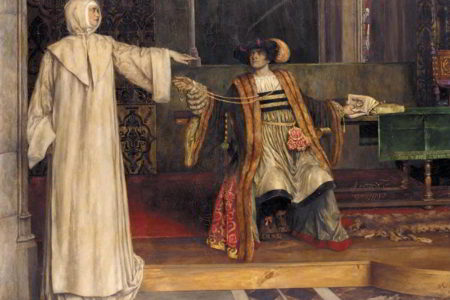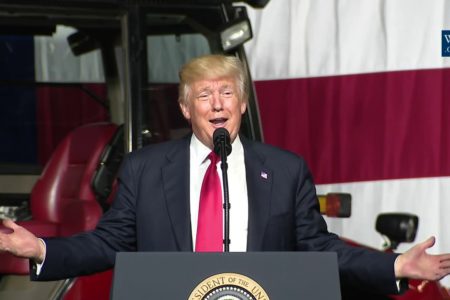
Response
How Medicalization of Civil Rights Could Disappoint
by Allison K. Hoffman
Craig Konnoth’s article, Medicalization and the New Civil Rights, shows how medical framing and evidence of physically identifiable and measurable harms have been providing new pathways to vindicate civil rights harms. Longer-term, however, this Response wonders whether medicalization of civil rights might tell a more ambivalent narrative. First, medicalization could produce a sociological narrowing that could eventually limit how we think about justice. Second, and more speculatively, even the utilitarian benefits that medical framing is now producing might diminish as medicalization becomes a new situs for civil rights contests.


